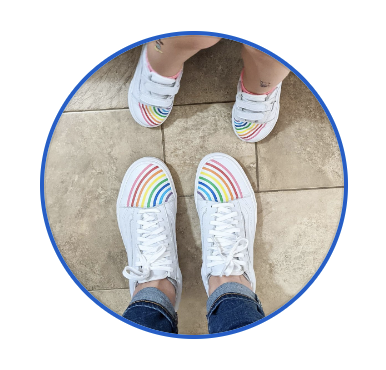This post may contain affiliate links. Every link is hand-selected by our team, and it isn’t dependent on receiving a commission. You can view our full policy here.
An alt title for this post could be, “Are you a humorous complainer?”
Guilty. So guilty.
Just like Grumpy Cat, the meme that expresses dissatisfaction via one sourpussed feline, I have a tendency to couch complaints in a fuzzy package to lighten things up — a joke here, a quip there — but as recent research from the Journal of Consumer Research has found, that doesn’t always work in my favor.
Case in point: The day someone told me she likes me best for my wry humor. And, since I wanted to make sure I knew exactly what she meant, I Googled it. “Dry, often mocking humor.” I cringed a little. Do I really want to be known as someone whose best trait is a flair for mockery?
Researchers call the habit “humorous complaining,” and I realized that subconsciously, it’s a crutch for me sometimes. It’s the easy laugh, and whatever I’m complaining about is easy to relate to. Hey, we’ve all hated Monday-morning meetings!
I don’t want to be all roses and sunshine — all that sugary niceness is a little too one-dimensional — but I’m learning to balance it out a bit. You know, do what I can to not be a real-life Grumpy Cat. (Which is extra hard for me, considering GC made quite a bit of moolah, even if not the reported $100 million.)
The study produced some interesting findings, though, showing that humorous complaining really isn’t such a bag thing—in moderation. Here’s the gist:
When it can work for you: When you want to bust out a hard truth without the other person getting super-defensive. Or get major media attention after a company has wronged you, like David Carroll’s “United Breaks Guitars” video.
When it can work against you: When you want people to genuinely sympathize with your situation (oops, they’re too busy laughing along, and the humor makes them think the situation is okay, even if you’re not okay with it). Or when you do this so often you get a reputation for being that little stormcloud of sarcasm. It can also veer into passive-aggressive territory, where you’re all, “Haha, you forgot to do the dishes, you forgetful Franny!” with a winky face, when deep inside you’re like, “If you forget the dishes one more time I will punch you in the kidneys.” And just like that, it gets real.
The key, according to the research, is identifying the situation — and your desired outcome — before opening your mouth. Easier said than done, right? Still, it’s worth a try.




